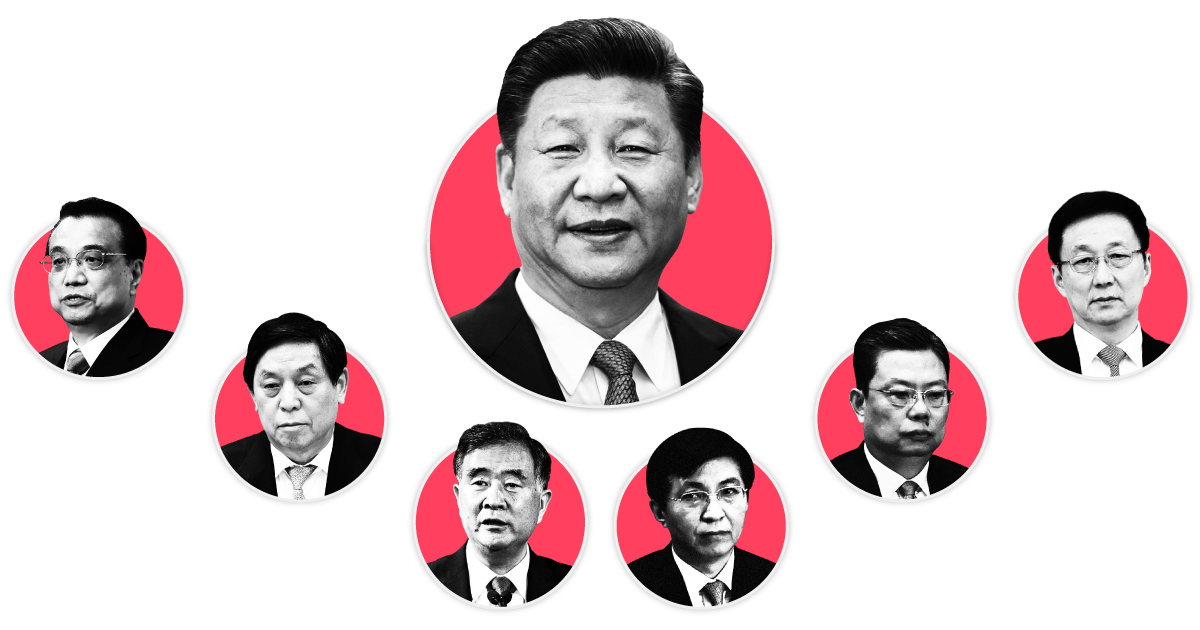
A Global Impact: The Portuguese Discoveries
japanchildrenrights.org – The Age of Discovery, a period marked by the exploration of the world by European navigators, was significantly shaped by the Portuguese. Beginning in the early 15th century, Portuguese explorers ventured into the unknown, driven by a quest for trade, knowledge, and the spread of Christianity. Their voyages had a profound impact on the world, reshaping trade routes, cultures, and the political landscape. This article explores the global impact of the Portuguese discoveries, highlighting their pioneering spirit and the lasting effects of their explorations.
The Dawn of Exploration
The Portuguese exploration era began under the patronage of Prince Henry the Navigator, who established a school of navigation in Sagres. This initiative was instrumental in advancing navigational techniques and fostering a culture of exploration. The first significant Portuguese discovery was made by Diogo Cão, who reached the Congo River in 1482, followed by Bartolomeu Dias, who rounded the Cape of Good Hope in 1488, opening a sea route to the East.
Vasco da Gama and the Route to India
The crowning achievement of Portuguese exploration came in 1498 when Vasco da Gama successfully reached India. This voyage marked the first direct European sea route to India, bypassing the traditional land routes controlled by the Ottoman Empire. The discovery of this route revolutionized trade, making Portugal a key player in the spice trade and laying the foundations for a vast Portuguese empire.
The Impact on Global Trade
The Portuguese discoveries significantly altered global trade patterns. The establishment of sea routes to Asia led to the decline of the Silk Road and the rise of European maritime trade. Portuguese ports became bustling hubs of commerce, and the wealth generated from the spice trade funded further exploration and colonization. The introduction of new goods and crops, such as tea, coffee, and tobacco, transformed European economies and societies.
Cultural Exchange and Conflict
The Portuguese discoveries facilitated unprecedented cultural exchange. The spread of Christianity, the introduction of European technologies, and the exchange of goods and ideas had a profound impact on the societies encountered by Portuguese explorers. However, this period was also marked by conflict and exploitation. The slave trade, which the Portuguese played a significant role in, had devastating effects on African societies. The colonization of the Americas and Asia led to the displacement of indigenous peoples and the imposition of European rule.
The Legacy of Portuguese Exploration
The legacy of the Portuguese discoveries is complex and multifaceted. On one hand, they opened up the world, fostering global connections and exchanges that continue to influence our world today. On the other hand, they brought about exploitation, conflict, and the disruption of indigenous cultures. The Portuguese discoveries remind us of the dual nature of exploration and the enduring impact of past actions on the present.
Conclusion
The Portuguese discoveries were a pivotal moment in history, reshaping the world in profound ways. From the establishment of new trade routes to the spread of culture and religion, the impact of Portuguese exploration is evident in the globalized world we live in today. As we reflect on this period, it is important to consider both the positive and negative consequences of these voyages, recognizing the complex legacy of the Age of Discovery.


